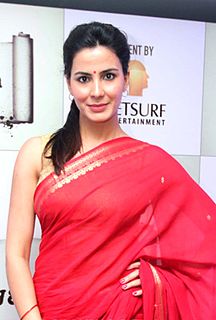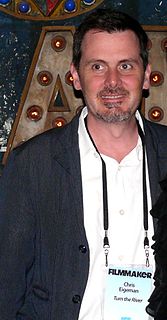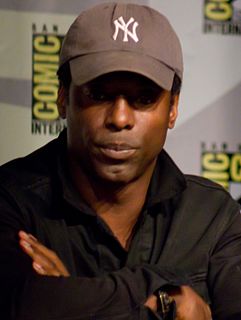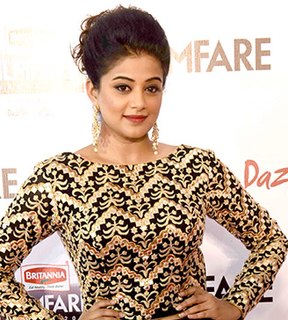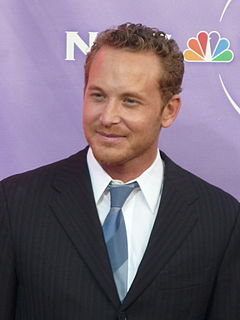A Quote by Kirti Kulhari
I can't do TV; I think I'll die as an actor first and then as a person.
Related Quotes
Being an actor in TV or movies is different. A film or TV actor, if put in theatre, won't know certain dimensions, while a theatre actor won't know certain things when he comes before the camera. So I think a film actor can learn emoting from this theatre counterpart, while the theatre actor can learn about camera techniques from the film actor.
TV acting is so extremely intimate, because of the peculiar involvement of the viewer with the completion or "closing" of the TV image, that the actor must achieve a great degree of spontaneous casualness that would be irrelevant in movie and lost on the stage. For the audience participates in the inner life of the TV actor as fully as in the outer life of the movie star. Technically, TV tends to be a close-up medium. The close-up that in the movie is used for shock is, on TV, a quite casual thing.
Most people think, "Life sucks, and then you die." I disagree. I think life sucks. Then you get cancer. Then you go into chemotherapy. You lose all your hair, you feel bad about yourself. Then all of the sudden the cancer goes into remission, and then all of the sudden you have a stroke. You can't move your right side. And then, maybe, you die.
